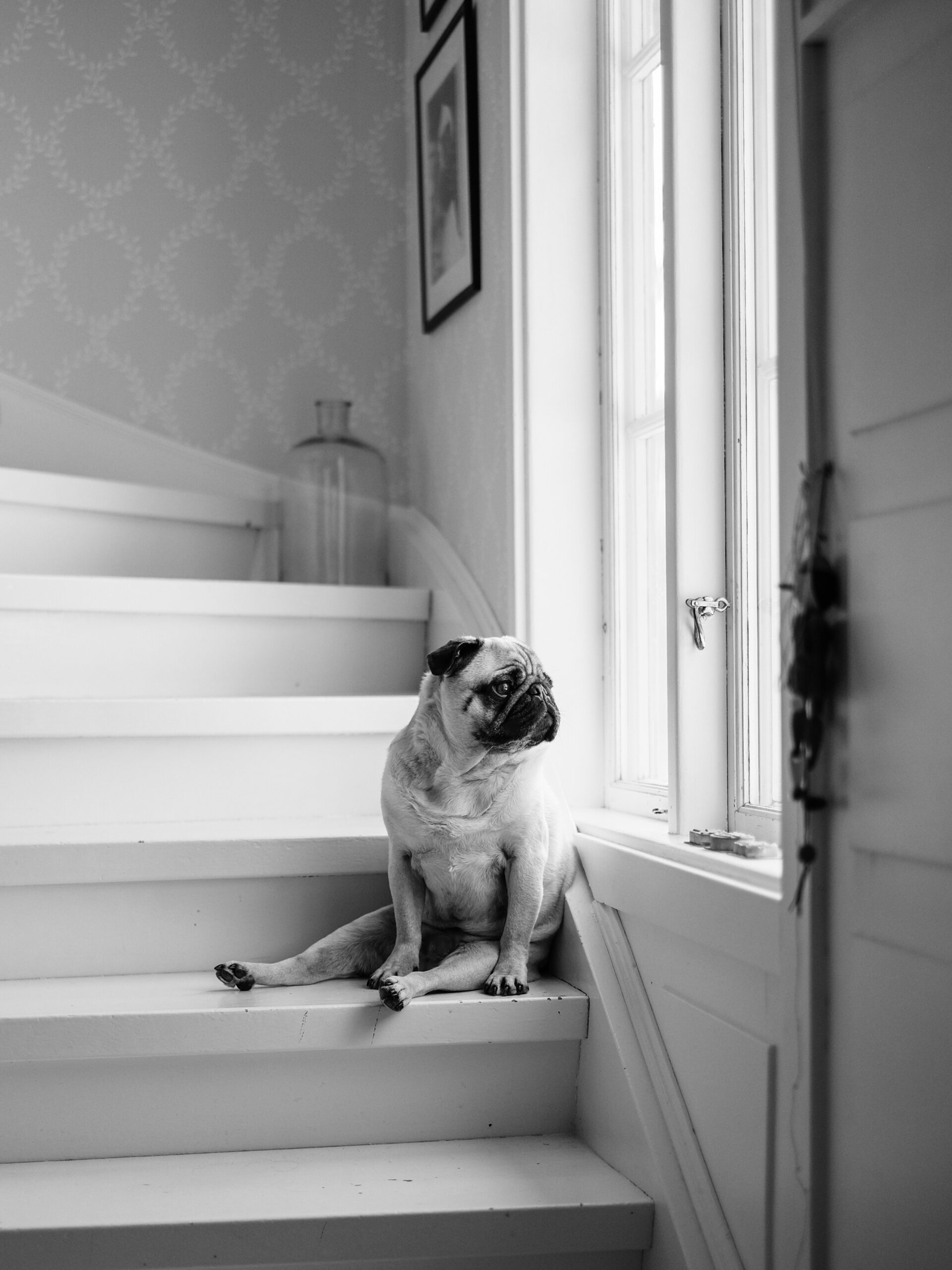Dogs are more than just pets; they’re our companions, loyal friends, and beloved family members. Just like us, they require physical activity, mental stimulation, and the opportunity to explore the world around them.
Regular walks are not only a chance for dogs to stretch their legs but also a fundamental aspect of maintaining their physical and mental well-being. As you read on we will delve into why skipping walks over time can lead to behaviour issues in dogs, along with examples of these potential problems.
The Importance of Walks: Beyond Exercise
Walking is more than just exercise for dogs. It’s a multi-dimensional experience that engages their senses, enhances socialisation, and provides mental stimulation. When dogs are deprived of regular walks, several behavioural issues can arise.
1. Excess Energy and Restlessness
Dogs have a natural instinct to explore and be active. When they’re cooped up without the opportunity for regular walks, excess energy can build up, leading to restlessness, pacing, and an inability to settle down. This pent-up energy can manifest as unwanted behaviours like constant barking, digging, or even destructive chewing.
2. Boredom and Behavioral Problems
Regular walks offer dogs the chance to experience new sights, smells, and sounds, which provide mental stimulation and prevent boredom. When dogs are consistently denied this sensory enrichment, they can become bored and frustrated.
This boredom can lead to behaviours such as digging up the yard, chewing on furniture, or even trying to escape from the yard in search of excitement.

3. Socialisation and Anxiety
Walks are a valuable opportunity for dogs to interact with other dogs, people, and the world at large. Proper socialisation is crucial for a dog’s well-rounded behaviour and helps prevent fear and anxiety responses.
A lack of socialisation due to infrequent walks can lead to heightened anxiety around new environments, people, and dogs, resulting in reactive behaviours such as excessive barking or aggressive tendencies.
4. Bonding and Trust
Walking with your dog isn’t just about physical activity; it’s also a time for bonding and building trust. Regular walks strengthen the bond between you and your dog as you navigate the world together.
When this bonding opportunity is missed, dogs might exhibit clingy behaviour or difficulty following commands.
5. Obesity and Health Issues
Consistently missing walks can contribute to weight gain and obesity in dogs. Obesity not only has its own health risks but can also exacerbate behavioural problems. An overweight dog might have less energy, reduced mobility, and an increased likelihood of developing joint issues, all of which can impact behaviour and quality of life.
Examples of Behavioral Issues
Skipping walks can lead to a variety of behavioural issues that affect both the dog and their human family members. Here are a few examples:
- Excessive Barking: Dogs that lack physical and mental stimulation may bark excessively out of boredom or frustration.
- Destructive Chewing: A dog left without walks might turn to chew on furniture, shoes, or other objects to relieve stress or boredom.
- Aggression: Dogs that miss out on socialization opportunities may become anxious or aggressive around other dogs or people.
- Escaping: Dogs that don’t receive enough exercise and mental stimulation may attempt to escape from their yard in search of stimulation and exploration.
Conclusion
Regular walks are not just a physical necessity for dogs; they are an essential part of their holistic well-being. The combination of exercise, mental stimulation, socialisation, and bonding that walks provide contributes to a well-adjusted and happy canine companion.
Skipping walks over time can lead to a range of behaviour issues, from restlessness and boredom to anxiety and aggression. By committing to regular walks and recognising their vital role in your dog’s life, you’re investing in a harmonious relationship and a balanced, contented furry friend.
So, lace up those shoes, grab that leash, and embark on a journey of adventure, growth, and joy with your canine companion!

